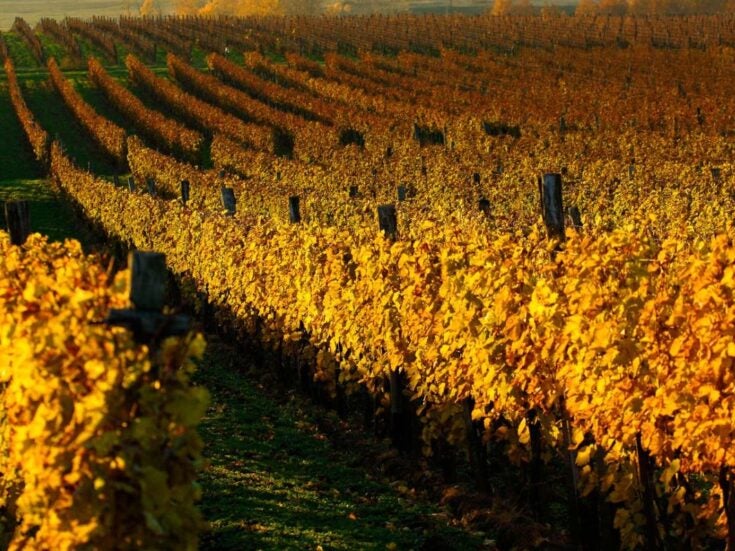
While a Martini may be taken shaken or stirred, few wine-lovers want their prized bottles of Romanée-Conti to be either, which is why news from America that a high profile New York wine-storage facility was damaged by Hurricane Sandy has caused sour grapes. Could the same thing happen over here?
First, it’s worth looking at what went wrong in America. According to the New York Times, ‘WineCare marketed itself as a high-security cellar that stores, catalogs and cares for 27,000 cases of wine in the basement of a Manhattan warehouse, charging substantial fees to safeguard collections worth tens of millions of dollars.
‘But there was one problem: the cellar was just 100 yards from the Hudson River. And when Hurricane Sandy struck, the water came rushing in.’ The result was ‘that floodwaters and humidity lifted the labels off as many as 100 cases; cardboard boxes containing the wines disintegrated, and thousands of bottles broke as they were lugged up or down the stairwells of the warehouse.’ Customers have not been allowed in to see the damage yet.

Not in Blighty!
Wine storage facilities in Englad I have spoken to say it would not have happened to them. Mark Bevan of Nexus (recommended by Jancis Robinson) outlined the general conditions for wine storage: low lit, fire-proof compartments, between 12-14C, in non-flood-risk areas with back-up generators onsite.
According to Anthony Barne, head of Wine at Bonhams, wine before an auction is kept with other high value items in a secret location near Park Royal, air conditioned and below ground in recognition of its perishable nature. (Mark Bevan wouldn’t necessarily put wine underground, however: ‘Unless the humidity is controlled you wouldn’t necessarily want to put it underground.’)
Other American storage facilities are more confident that they can avoid WineCare’s fate. Marc Lazar of Domaine, which has four storage locations across America, says that if a natural disaster strikes, Domaine has secondary back-up generators (backing up the back-ups) to maintain the microclimate and staff trained to move the wine to a reserve facility in a fleet of refrigerated trucks.
‘You want areas not prone to flooding,’ he says. ‘We’re not on the coast – that’s not a coincidence. You want a building that’s been around for a long time. Back-up power is really important. Simple things.’

Prevention, not cure
In the UK it seems there is more of an emphasis on security rather than disaster management, the lack of recent hurricanes perhaps tempting complacency. Mark Bevan looks to diversity over fortification: ‘We use a number of different facilities across the UK so we can move stock, although it wouldn’t be straight forward.’
If the worst happens and your facility is flooded, how can you tell which wine is yours? Marc Lazar says ensuring individual owner storage is key: ‘Every client’s wines are in their own cage or on their own shelf. Mr Smith’s wines never mix with Mr Jones’.’
Finally, good insurance is imperative. ‘We’ve gone out and found a provider directly for our clients so that their name is on the policy,’ says Marc Lazar. ‘According to the [WineCare] filings, flood and water damage were not covered.’ Marc Bevan says Nexus offers the value of the wine or replacement where possible.
The only sure way, of course, to guarantee your wine is never spoiled by flood or fire or flying monkeys is to drink it.
Read more on wine from Spear’s
Don’t miss out on the best of Spear’s articles – sign up to the Spear’s weekly newsletter
[related_companies]





